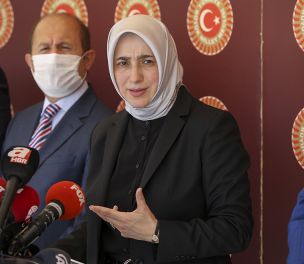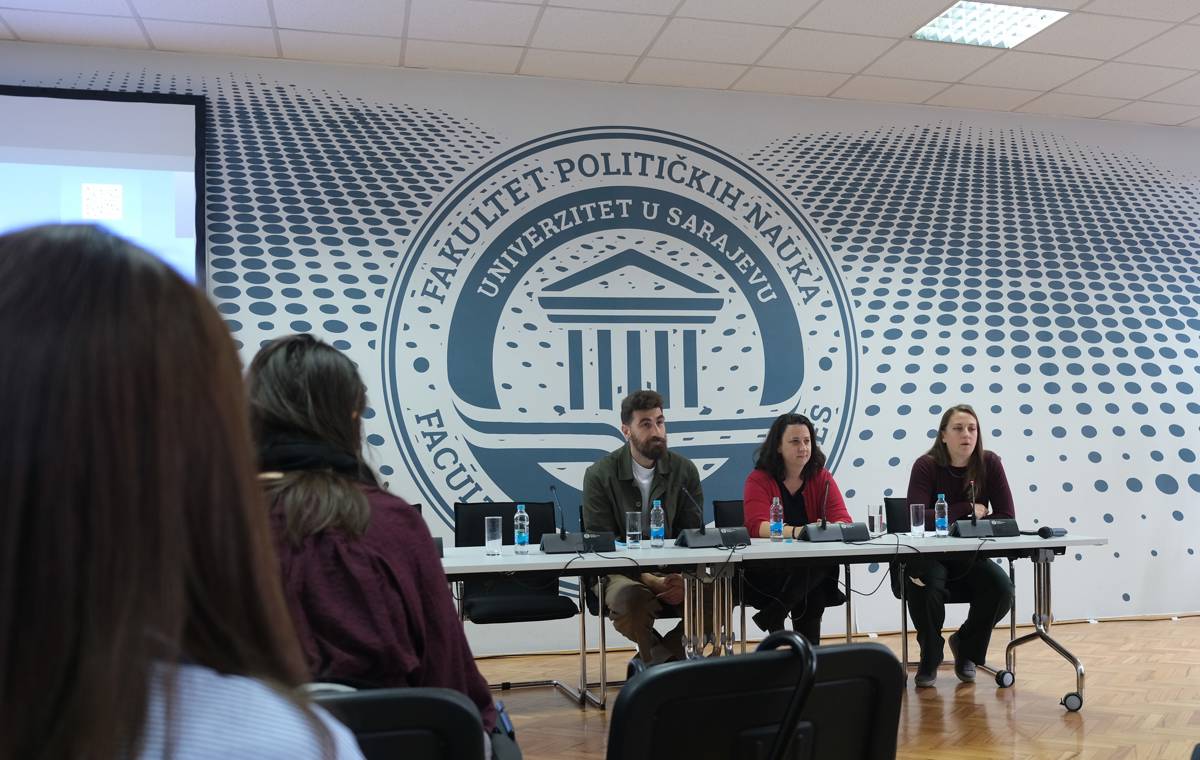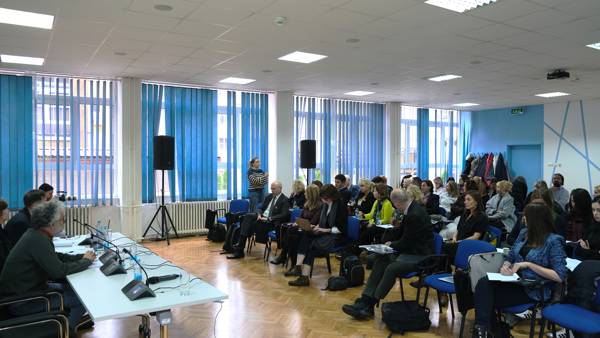Erdoğan's live stream was "disliked" by hundreds of of thousands of users.
Click to read the article in Turkish
President and Justice and Development Party (AKP) Chair Recep Tayip Erdoğan had a YouTube live stream with the youth on late Friday (June 26), a day before the university entrance exams on the weekend, to speak with them on the country's education system and wish them success.
However, many of the 2.4 million students who would enter the exam were already angry that it was not postponed due to the coronavirus pandemic. Believing that the Minister of Culture and Tourism, who owns one of the largest tourism companies in the country, pressurized the government to hold the exams as scheduled, they launched a campaign to downvote the ETSTur on Google play. The company's score dropped from 4.1 to 1.1 within a few days.
CLICK - Physicians Warn: Pandemic is not Under Control, Exams Should be Postponed
Reactions continued during Erdoğan's live stream as many users sent the "No votes" message. Those who graduated from high school this year will cast votes for the first time in the 2023 presidential election, where the number of new voters will be as high as seven million.
Amid overwhelming reactions, Erdoğan's channel had to close live chat during the broadcast, which led the youth to bring the "No votes" message to Twitter. The #Oymoyyok tag was trending in Turkey all along the night.
Seven hours after the stream, the video was viewed 367,671 times and was disliked by 212,000 users while 36,000 liked the video. As of today, it has more than 2.3 million views, 106,000 likes and 368,000 dislikes.
The events marked the first large-scale political action by the "Generation Z," seven years after their predecessors did the Gezi Park protests against Erdoğan's government all across the country.
But this wasn't the first time recently that the AKP's moves on social media didn't yield the intended results.
The party in mid-June announced a "digital transformation strategy" to catch the new voters and Erdoğan's video stream was apparently a part of that.
Mahir Ünal, the party's media head, stated on June 17 that "the new media order" the Generation Z is familiar with "poses a new challenge that transcends state authority, sovereignty and politics."
"Our response to this must be with cyber sovereignty, cyber homeland and digital Turkey," he had noted.
The "green balls"
On the same day, Mahir Ünal also declared the end of the "social media ethics campaign," which he had launched about a month ago.
As part of the campaign, the AKP had declared a series of ethics rules that its members and supporters would abide by. To demonstrate that they accepted the rules, the party's members and supporters put a green circle and a flag of Turkey next to their names on Twitter. This led pro-opposition social media users to dub them as "the green balls."
The campaign came under fire after some Twitter users with green circles posted messages containing sexual harassment and threats of sexual assault against pro-opposition users and renowned dissident figures, including Canan Kaftancıoğlu, the İstanbul head of the main opposition Republican People's Party (CHP), Başak Demirtaş, the wife of former Peoples' Democratic Party (HDP) Chair Selahattin Demirtaş, and Berna Laçin, an actress outspoken against the government.
The campaign also reportedly caused criticism within the AKP as the party's parliamentary group deputy chair Bülent Turan was said to have an argument with Ünal at a closed meeting. Turan and Ömer Çelik, the spokesperson of the AKP, had removed green circles from their profiles before the end of the campaign.
Also, Twitter on June 12 announced that it removed more than 7,000 accounts that it said was affiliated with "state-linked information operations."
The accounts were being used to amplify political narratives favorable to the AKP and demonstrated strong support for Erdoğan, Twitter had said. (VK)















